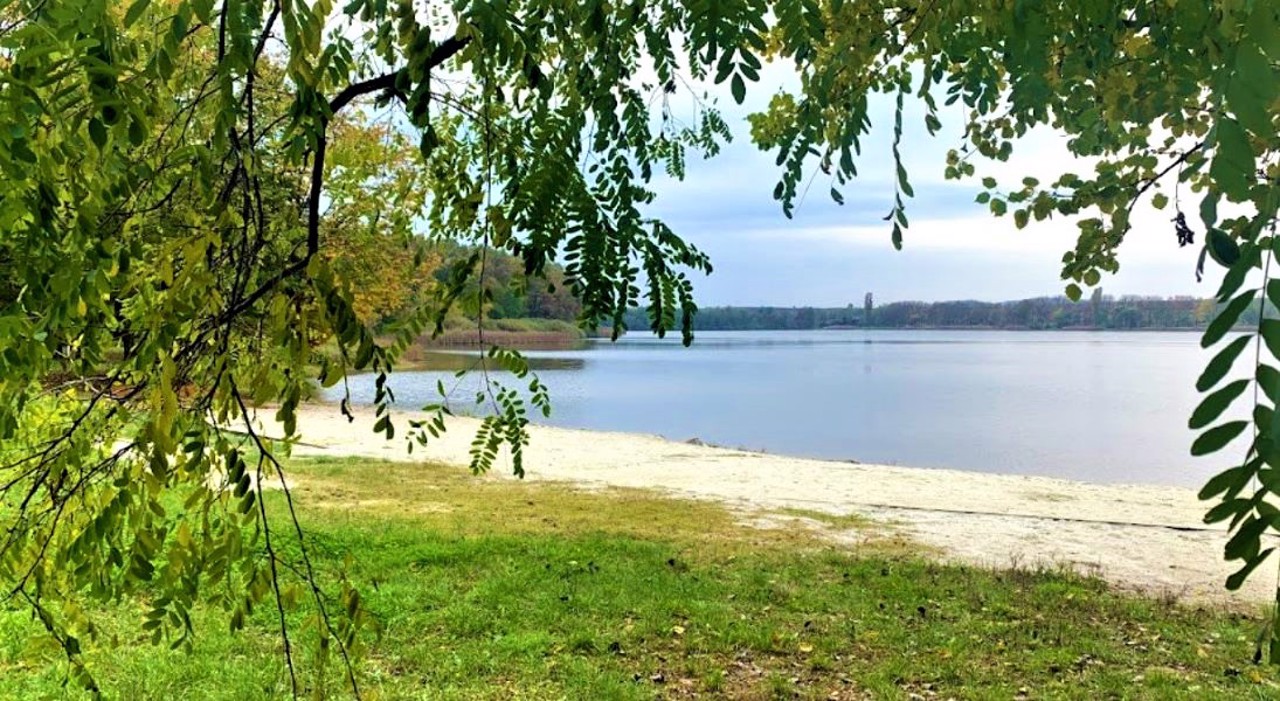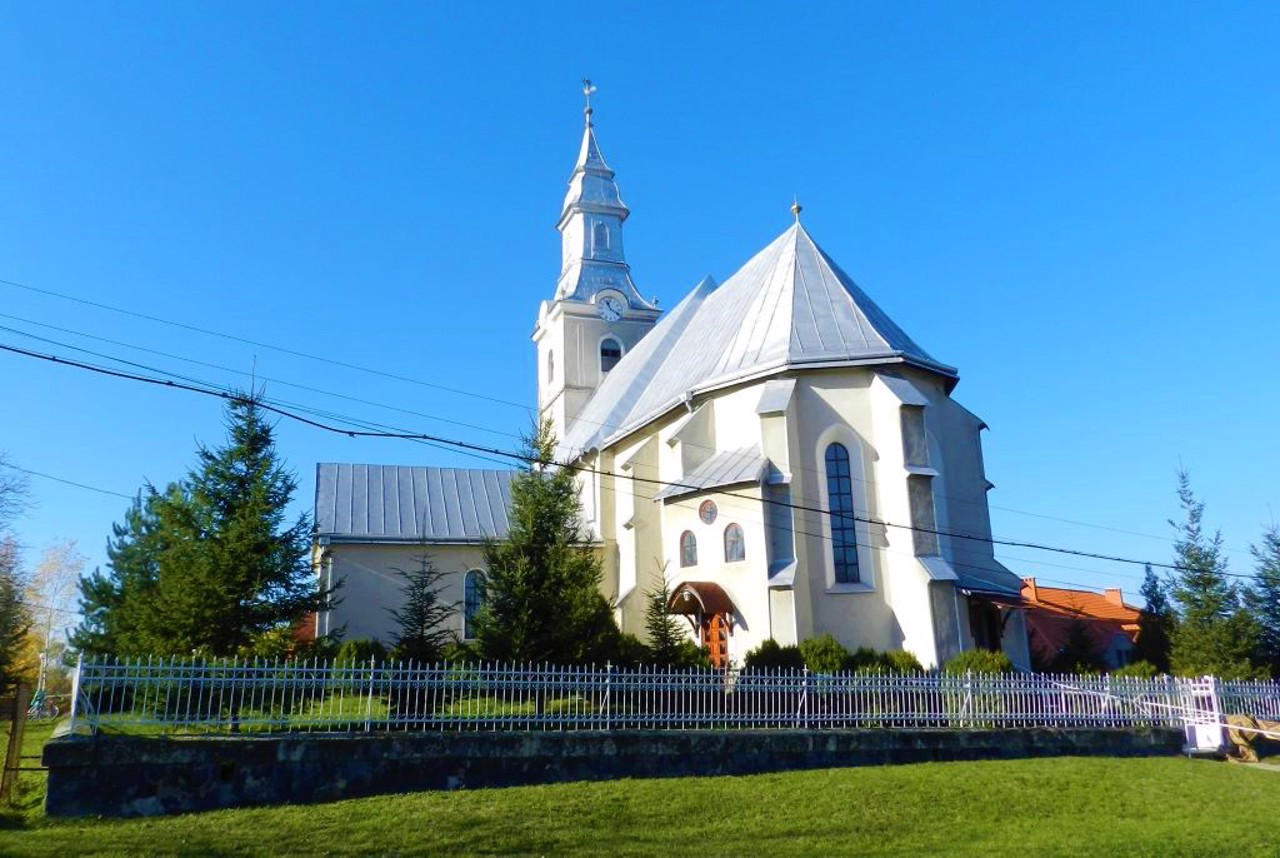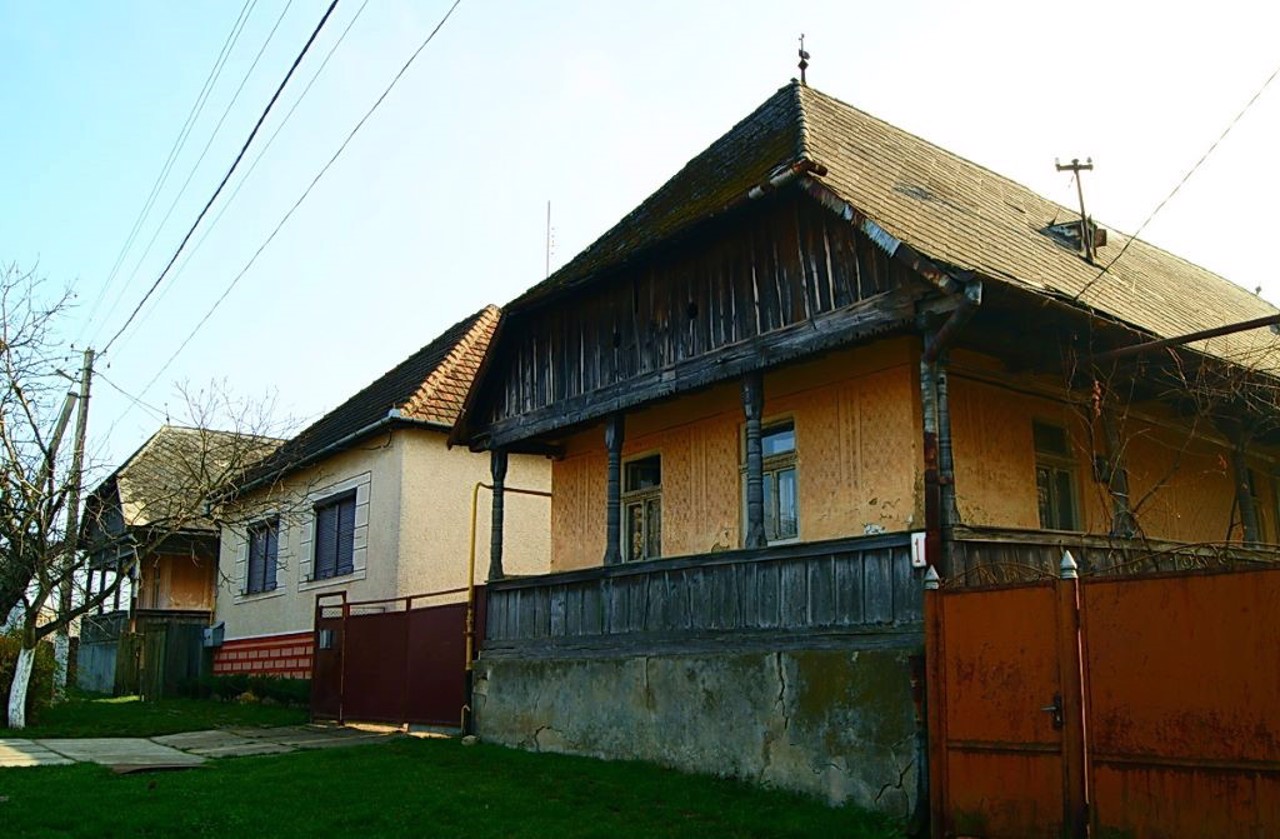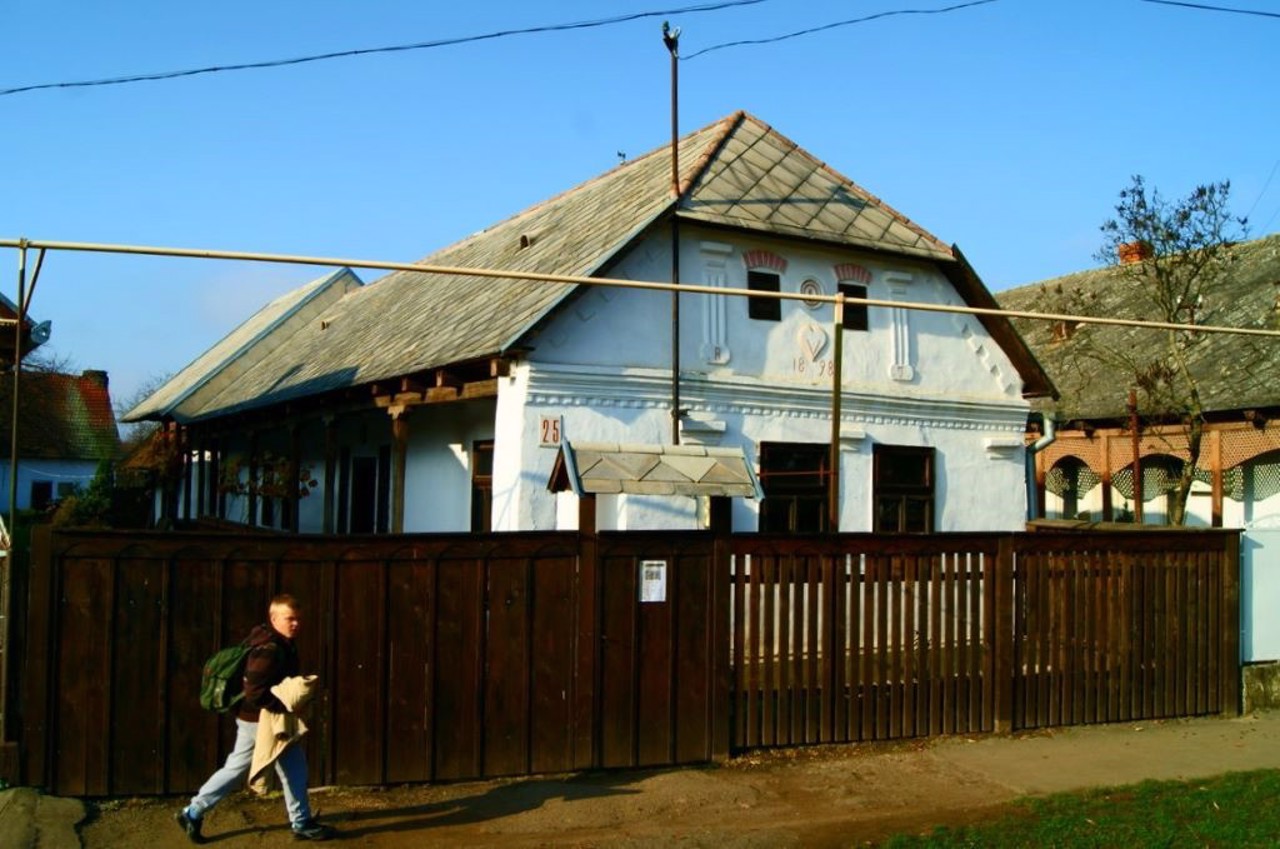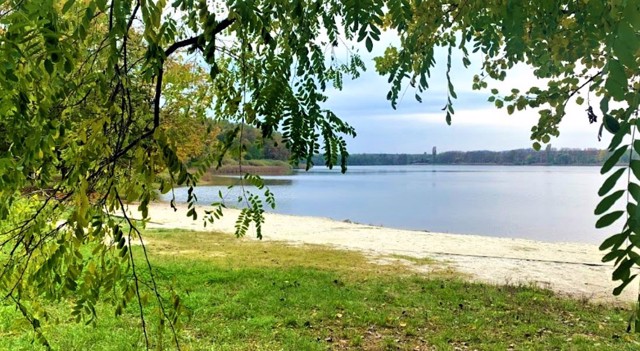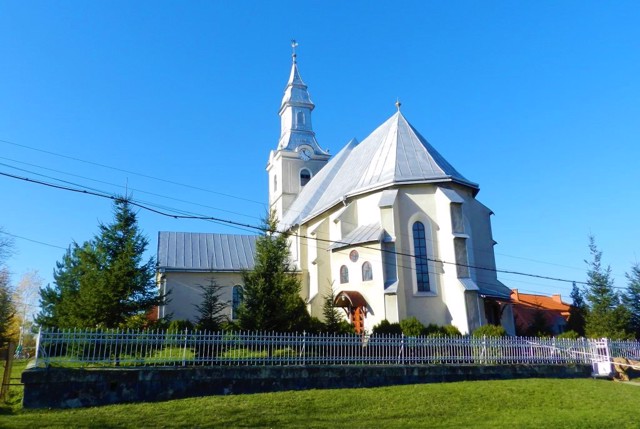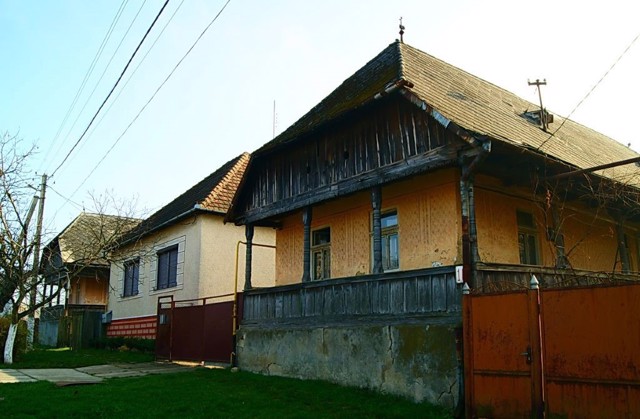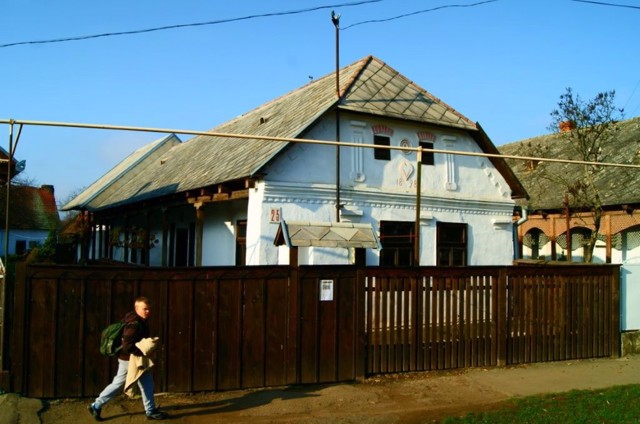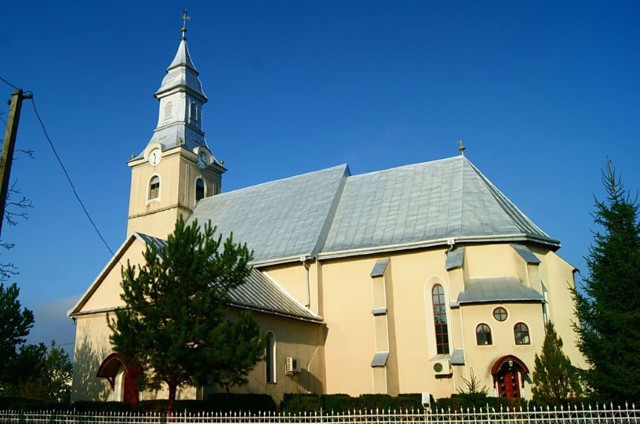Functional temporarily unavailable
Velyki Berehy
Travel guide online Velyki Berehy
General information about Velyki Berehy
The village of Velyki Berehy (in Hungarian - Nadbereg) is located 10 kilometers east of the city of Berehove (in Hungarian - Berehsas).
Known since 1214 as the city of Bereh (Berehvar), after 1241 it even recently became the center of the Bereh Committee. There was also the Berehvar castle, about the fate of which nothing is known. A seal from 1567 with the image of a bull's head has been preserved, which is associated with the legend of the Sase herdsmen and the founding of Berehsas in the place where the Sase bull defeated the leader of the neighboring herd.
Among the monuments in Velyki Berehy, one can note the reformation church (1405), an old mill and the palace of the Berehy family (1905), whi ...
The village of Velyki Berehy (in Hungarian - Nadbereg) is located 10 kilometers east of the city of Berehove (in Hungarian - Berehsas).
Known since 1214 as the city of Bereh (Berehvar), after 1241 it even recently became the center of the Bereh Committee. There was also the Berehvar castle, about the fate of which nothing is known. A seal from 1567 with the image of a bull's head has been preserved, which is associated with the legend of the Sase herdsmen and the founding of Berehsas in the place where the Sase bull defeated the leader of the neighboring herd.
Among the monuments in Velyki Berehy, one can note the reformation church (1405), an old mill and the palace of the Berehy family (1905), which now houses the Hungarian lyceum. There is a weaving museum at the local school. You can also visit the wine cellar of the winemaker Istvan Urstva and the recreation area at the two lakes.
Село Великі Береги (угорською - Надьберег) розташоване в 10 кілометрах на схід від міста Берегове (угорською - Берегсас).
Відоме з 1214 року як місто Берег (Берегвар), після 1241 року навіть недавго стало центром Берегського комітату. Існував і замок Берегвар, про долю якого нічого не відомо. Збереглася печатка 1567 року із зображенням голови бика, яку пов'язують з легендою про скотовласників Сасе та заснуванням Берегсаса в тому місці де бик Саса переміг ватажка сусіднього стада.
З пам'яток у Великих Берегах можна відзначити реформаторський костел (1405 рік), старовинний млин та палац роду Береги (1905 рік), в якому зараз розташований угорський ліцей. При місцевій школі діє музей ткацтва. Також ...
Село Великі Береги (угорською - Надьберег) розташоване в 10 кілометрах на схід від міста Берегове (угорською - Берегсас).
Відоме з 1214 року як місто Берег (Берегвар), після 1241 року навіть недавго стало центром Берегського комітату. Існував і замок Берегвар, про долю якого нічого не відомо. Збереглася печатка 1567 року із зображенням голови бика, яку пов'язують з легендою про скотовласників Сасе та заснуванням Берегсаса в тому місці де бик Саса переміг ватажка сусіднього стада.
З пам'яток у Великих Берегах можна відзначити реформаторський костел (1405 рік), старовинний млин та палац роду Береги (1905 рік), в якому зараз розташований угорський ліцей. При місцевій школі діє музей ткацтва. Також можна відвідати винний підвал винороба Іштвана Урстви і зону відпочинку на двох озерах.
Сплануй своє перебування у Velyki Berehy
What to see and where to go in Velyki Berehy
Tourist attractions and museums of Velyki Berehy
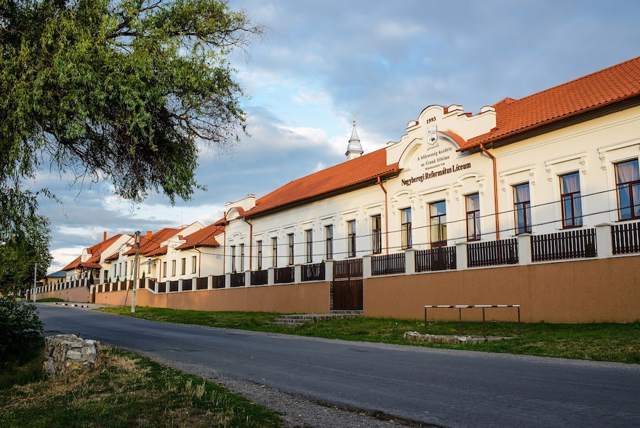
Berehy Palace
Palace / manor , Architecture
The palace of the Berehy family (Berehey) in the village of Velyki Berehy was built in 1905. One-story building in the Baroque style.
Today, the palace houses the Hungarian Humanitarian Lyceum, which is financed by the Reformed Church.
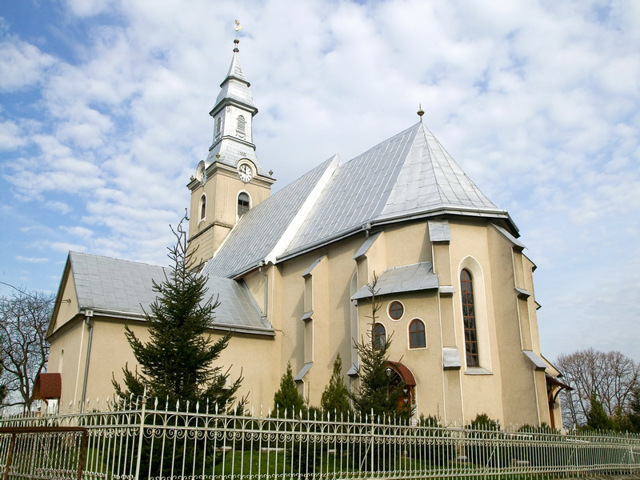
Reformation Church
Temple , Architecture
The Gothic church of the reformers in Velyki Berehy was built in 1405. However, probably part of the church was built before 1237.
In 1657, the temple was destroyed by the Poles, but it was soon restored. The last reconstruction was carried out in 1869.
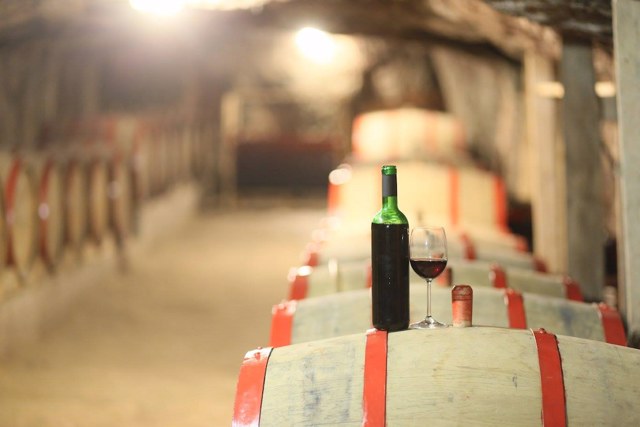
Tasting Hall of Ursta family
Museum / gallery , Gastrotourism , Winery / brewery
Ivan Ursta, a famous Transcarpathian winemaker, maintains a small wine cellar in his own country yard in the village of Velyki Berehy.
The house in which he receives guests has been turned into a private museum of winemaking. The host offers 5 types of wine for tasting - two white (Riesling, Nectar) and three red (Saperavi, Black Doctor, Kahor). Wine is served with a traditional snack: fried walnuts, salted crackers, cheese.
By prior agreement, the hostess can prepare dishes of traditional coastal cuisine: cabbage rolls, bean goulash, bograch.
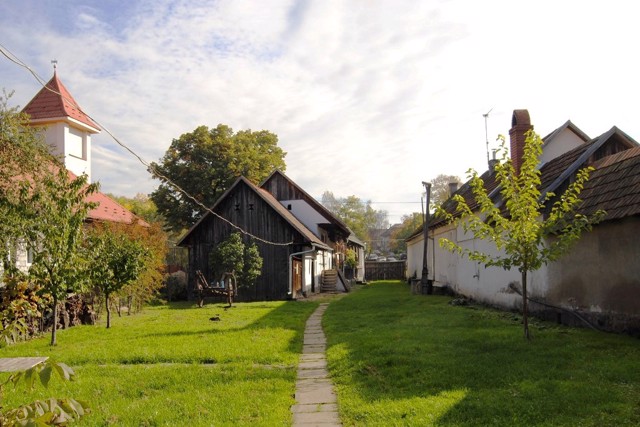
Velyki Berehy Village Ethnographic Museum-Manor
Architecture , Museum / gallery , Ethnographic complex
The manor-museum of the Transcarpathian village of Velyki Berehy was opened in 2013 in a modest village house built in 1898 on the initiative of the Ferentsa II Rakotsi Transcarpathian Hungarian Institute.
The estate is located in the center of the village, near the Reformed Church. Restored during 2009-2012. The residential building consists of three rooms, has a pantry and an authentic stove. The exposition presents looms, other work tools and household items.
The courtyard is separated from the garden, where more than 500 species of plants grow.
Workshops on traditional crafts are held.
In 2021, the Velyki Berehy Ethnographic Museum-Manor was awarded the "House-Museum of the Year" award from the Association of Local History Museums of Hungary.
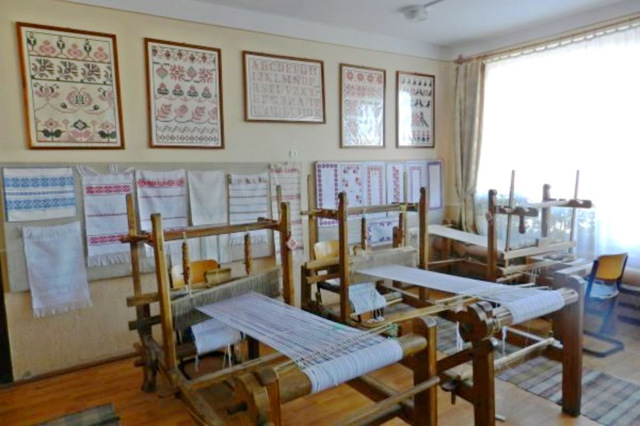
Weaving Museum
Museum / gallery
The Museum of Weaving and Ethnography was opened in 1992 in the premises of the secondary school of the Transcarpathian village of Velyki Berehy, which is the center of traditional Berehove weaving.
The museum was founded by the honored master of folk art Marianna Profus with the help of her teacher Katalin Poloni (Kateryna Antonyk), who in 1958 created a weaving and embroidery circle in Velyki Berehy with the aim of reviving local weaving traditions. On her initiative, compulsory teaching of weaving and cross-stitching was introduced at the Velyki Berehy school.
The museum has a collection of samples of ancient embroidery on homespun cloth with ornaments that are typical for Velyki Berehy and the entire Berehove region. Also in the exposition are old looms and other equipment for the production of fabrics in working condition, household items, old photographs.
Weaving and embroidery workshops are held.
Reviews Velyki Berehy
Geographical information about Velyki Berehy
| {{itemKey}} | {{itemValue}} |
|---|---|
| Region |
Zakarpattia |
